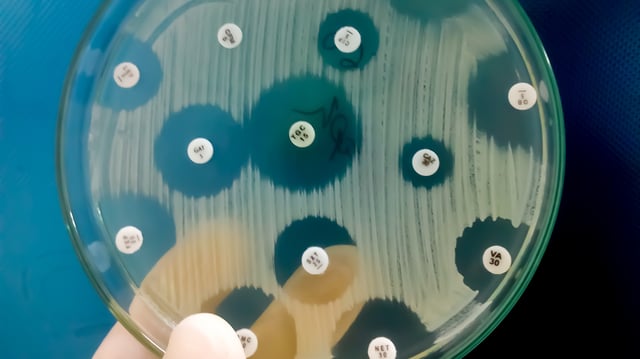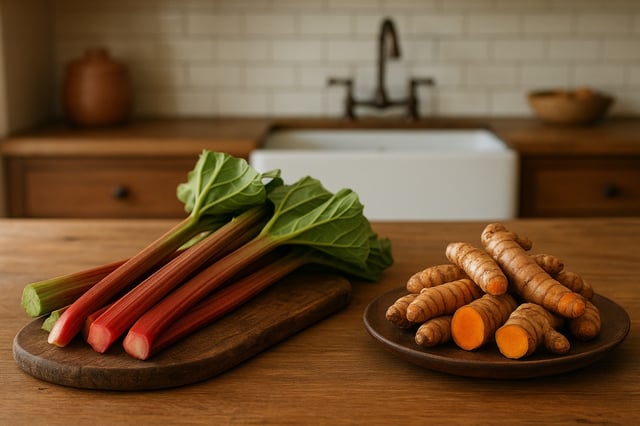Overview
- Wastewater treatment plants harbor bacteria exposed to trace antibiotics excreted by humans and animals, driving the evolution of antibiotic resistance.
- Scientists screened effluent samples with sulfamethoxazole and isolated nine multidrug-resistant strains, some resistant even to last-resort drug colistin.
- Whole-genome sequencing identified strains including Microbacterium, Chryseobacterium, Lactococcus lactis and Psychrobacter and revealed their resistance gene profiles.
- Laboratory tests found curcumin and emodin from turmeric and rhubarb effectively inhibited Gram-positive resistant bacteria by reducing cell growth, biofilm formation and cellular activity, while Gram-negative species remained unaffected.
- The research team plans pilot-scale trials and environmental safety assessments in real-world wastewater settings to explore feasibility and long-term impacts.

